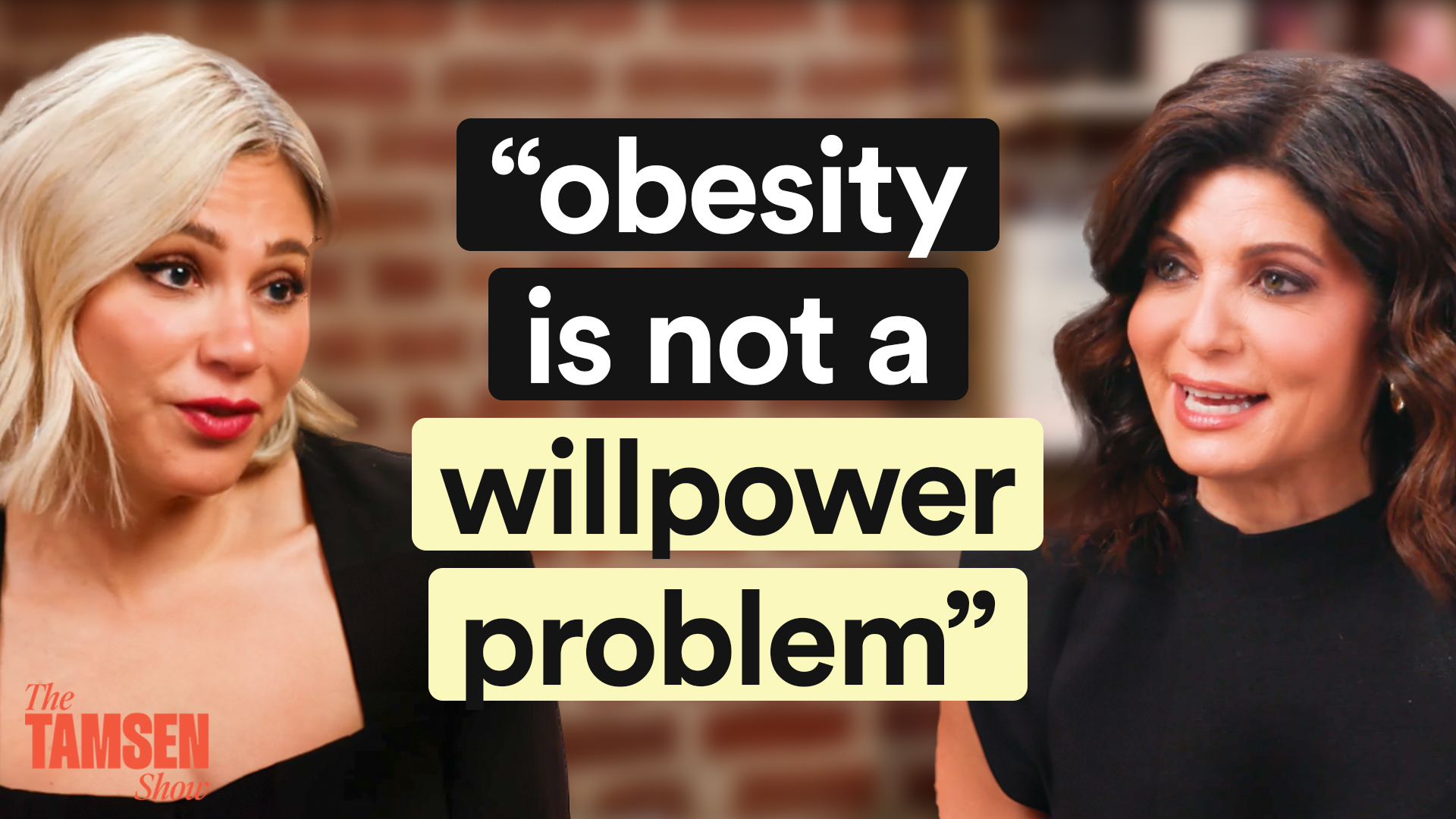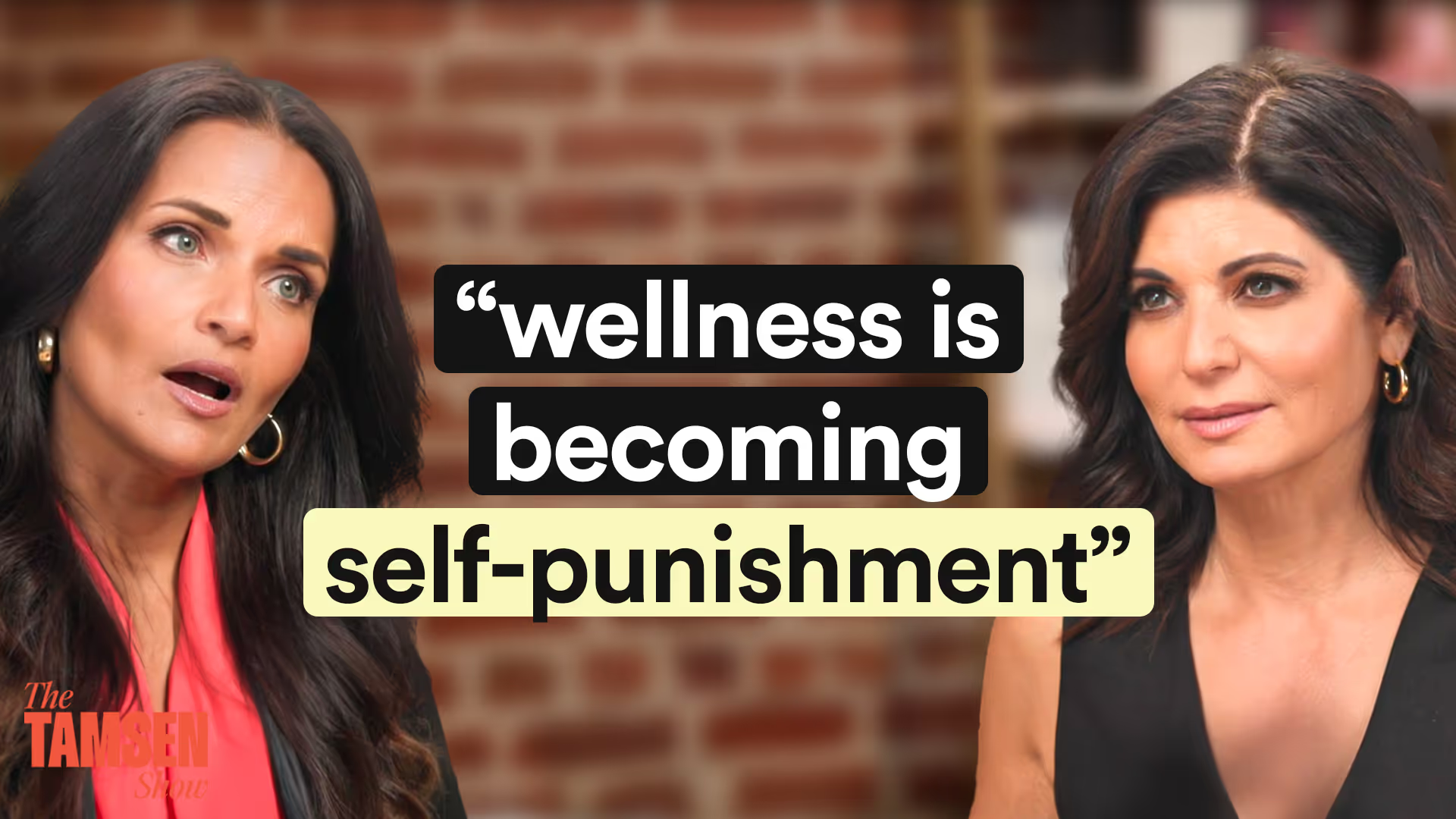One moment you're happy, and the next, you're irritable, sad, or anxious. These sudden and intense changes in mood can be challenging for both you and those around you. The unpredictability of when these mood swings will strike can add to the frustration and stress.
The hormonal fluctuations that occur during menopause, particularly the decline in estrogen, impact neurotransmitters in the brain, such as serotonin and dopamine, which regulate mood. These changes can leave you feeling out of control and misunderstood. It's important to remember that you are not alone in this experience; many women face similar challenges during this transition.
What causes mood swings?
Understanding the cause of your menopausal mood swings is the first step toward finding relief. As women age, their estrogen levels naturally fluctuate and eventually decline. Estrogen plays a crucial role in regulating mood by maintaining levels of neurotransmitters like serotonin and dopamine. When estrogen levels drop, these neurotransmitters can become imbalanced, leading to mood swings.
While hormonal changes are the main culprit of mood swings, certain triggers can exacerbate these emotional fluctuations. Those triggers may include:
- Stress: Daily stress and anxiety can heighten emotional responses, making mood swings more intense.
- Sleep Deprivation: Lack of quality sleep can worsen mood swings, as it impacts overall brain function and emotional regulation.
- Diet: Poor nutrition, including excessive caffeine or sugar intake, can contribute to mood instability.
- Lack of Exercise: Regular physical activity helps regulate mood by releasing endorphins, which are natural mood lifters.
How can I manage my mood swings?
Experiencing mood swings can be extremely challenging; one moment you're feeling fine, and the next you're overwhelmed by emotions. But don’t worry, there are plenty of ways to manage these mood swings and find relief.
Make lifestyle adjustments
Staying organized can significantly enhance daily productivity and reduce your stress levels. Things like planners, apps, and sticky notes can help you track tasks and appointments. Writing things down can also help you remember important details and manage your time more efficiently.
Maintaining a healthy diet is crucial for supporting brain health. Foods rich in omega-3 fatty acids, antioxidants, and vitamins, such as fish, berries, and leafy greens, are excellent choices. These nutrient-dense foods can help improve cognitive function and overall well-being. Plus, they taste great!
Regular exercise plays another vital role in boosting all facets of your health. Physical activity releases endorphins, which can boost mood and reduce stress. Aim for at least 30 minutes of moderate exercise each day to enjoy these benefits and support your overall health.
Prioritize your mental health
Cognitive-behavioral therapy (CBT) can be an effective method for managing mood swings, particularly during menopause. This type of therapy helps develop coping strategies and disrupt and rewire negative thought patterns. Many women find that engaging in CBT provides essential tools for emotional regulation and overall mental health improvement.
Support groups can also offer valuable emotional support and practical advice; sharing experiences with others who understand the challenges of menopause can give you a sense of community and provide helpful strategies for managing symptoms. This collective support can be crucial in navigating the emotional ups and downs associated with this phase of life.
Explore medical options
Hormone Replacement Therapy (HRT) can be an effective way to stabilize mood swings during menopause by balancing hormone levels. It's important to discuss the benefits and risks with your doctor to determine if HRT is the right choice for you; always remember, what works for one person won’t work for everyone.
Additionally, in some cases, low-dose antidepressants can help manage mood swings and other emotional symptoms associated with menopause. Your doctor can help you decide on the best medical option tailored to your needs.
Try alternative therapies
For those seeking alternative therapies, herbal supplements like St. John’s Wort or black cohosh may help improve mood for some women. However, it’s crucial to consult your doctor before starting any new supplement to ensure it’s safe and appropriate for your situation. Mind-body practices such as yoga, meditation, and mindfulness can also be beneficial. These practices help reduce stress and improve emotional well-being, offering a holistic approach to managing mood swings.
Indulge in some self-care
Self-care strategies are essential in managing mood swings during menopause. Ensuring adequate sleep is vital, as fatigue can exacerbate mood swings. Practicing good sleep hygiene by maintaining a consistent sleep schedule and creating a relaxing bedtime routine can significantly improve sleep quality. Additionally, incorporating relaxation techniques such as deep breathing, progressive muscle relaxation, or guided imagery into your daily routine can help reduce stress and promote emotional stability. Prioritizing self-care can make a substantial difference in your overall well-being during menopause.
Mood swings can be challenging when dealing with various symptoms of menopause, affecting your emotional well-being and daily life. However, by identifying triggers, maintaining a healthy lifestyle, seeking mental health support, and exploring medical and alternative treatments, you can manage these mood changes more effectively. It might take some trial and error, but finding what works for you is worth the effort. Remember, it’s essential to be patient with yourself and communicate openly with your loved ones about what you’re experiencing. Support from friends, family, or support groups can make a significant difference. Always consult with your healthcare provider to develop a personalized plan that suits your specific needs and health profile, ensuring that you receive the best care and guidance throughout your menopause journey.
Additional Resources:
Secrets To Thrive In Menopause: Download this free guide to learn my top secrets to thrive in menopause.
Menopause Symptom Tracker: Track your symptoms and get connected to physicians and organizations that can help you!
The information contained on this website is intended for informational and educational purposes only. It is not intended to be a substitute for the advice of an appropriately qualified and licensed physician or other healthcare provider.






.jpg)
.jpg)







